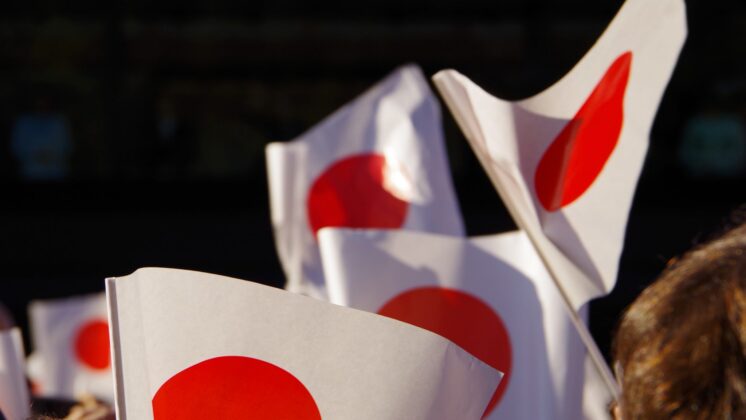May 1 marked the start of Reiwa, a new era in Japan that bade the Heisei Era and its 85-year-old Emperor Akihito farewell. The previous Heisei Era, which began in 1989 after the death of Emperor Hirohito, saw three decades of peace for the country. Now, after the first abdication since Emperor Kokaku stepped down in 1817, Emperor Akihito has taken his place on the Chrysanthemum Throne with his wife, Empress Masako, and the rest of the imperial family at his side.
Despite wishes for a stable, fruitful era in which to reign, the new emperor has several challenges ahead—among them, fostering international exposure for a famously closed country still deeply rooted in tradition. Naruhito’s academic and personal portfolio, however, give some indication that he may be well fit to rise to the challenge. This is a man who has traveled the world, the first heir to the Chrysanthemum Throne to study outside of Japan. As a student at Oxford, he developed a thesis on eighteenth-century shipping on the River Thames. Back at home, he specialized in medieval Japanese history at the University of Gakushūin. He also speaks several languages, including English, Chinese, German, and some Spanish.
One of the new emperor’s old Spanish teachers, the historian Florentino Rodao, remembers being pleasantly surprised by how cultured he was—Naruhito plays the viola, has a curious mind, and is an expert in the movements of river waters. What stood out about him, Rodao recalls, was his friendliness, his intelligence, and his interest in everything around him.
A connoisseur of Japanese culture and author of La soledad del país vulnerable, (The Loneliness of a Vulnerable Country), Rodao predicts that Reiwa will be a completely different era, despite the heavy influence of Japan’s prime minister. This, he says, is a country that needs to open up.
Jorge Calvo—vice dean of GLOBIS University, associate professor at Esade, and co-author of the book Wa. Claves de la cultura corporativa japonesa (Wa, The Keys to Japanese Corporate Culture)—highlights the curious spirit of Naruhito. “We’re seeing the beginning of an era in which the emperor will have greater contact with society and begin opening to the outside. Naruhito will strengthen Japan’s presence abroad to gain geopolitical weight in Asia, balancing the differences between the US and China. I also expect the emperor will increase international relations through visits to other countries—something the previous emperor couldn’t do for health reasons.”
Calvo highlights some small gestures initiated by Heisei’s Akihito, such as visiting people with disabilities and even the simple act of shaking hands with commoners, which was previously unthinkable for the imperial family. These may be the prelude to an event that will put Japan at the center of the world’s attention next year: the Tokyo Olympic Games.
“[The Olympics] will be a great moment of opening to the outside,” says Calvo. “Everything is being perfectly planned; in Japan, nothing is left to chance. What this means is rejuvenation, which will be needed to face the future.”
All of this will hopefully encourage “the change of a country that has grown stagnant, despite being the world’s third greatest economic power.” Japan, says Calvo, is facing the challenge of opening its doors to qualified emigrants who can help correct the problem of an aging population, increase consumption, and improve Japan’s business relations abroad.
This article was adapted from the original Spanish published in Fortuna.



